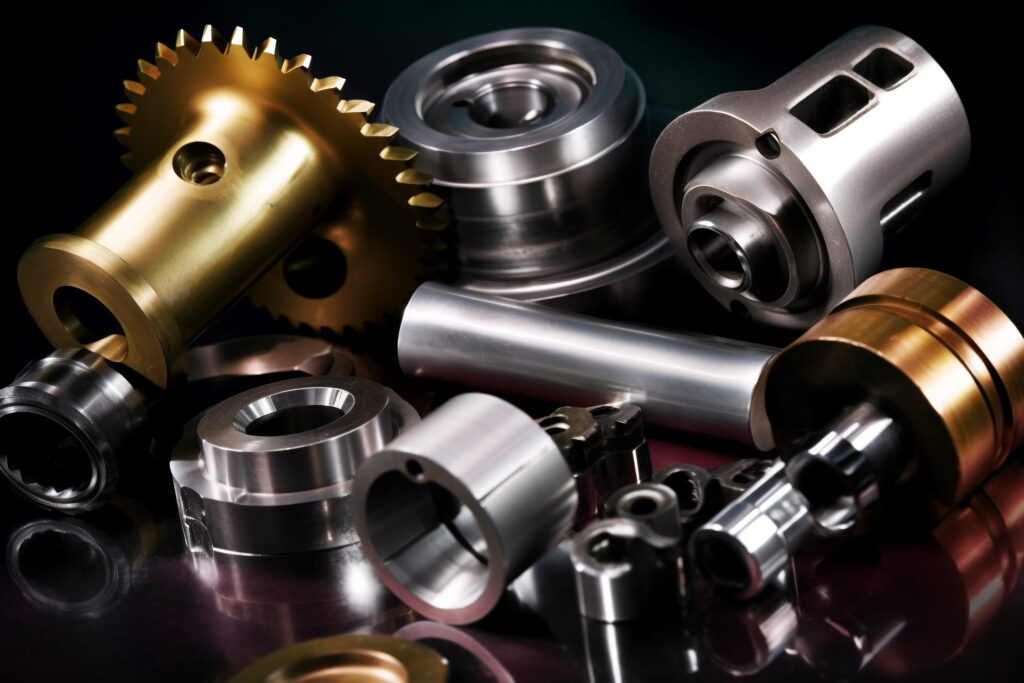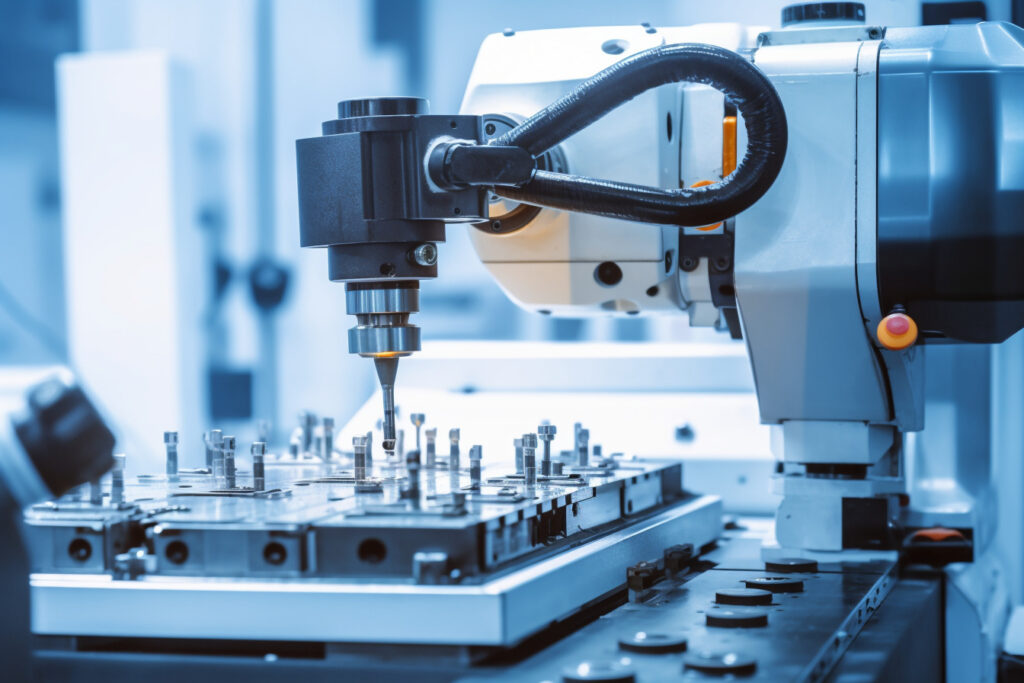Cemented carbide bearings are widely used in various industries due to their exceptional properties and performance. These bearings offer high wear resistance, excellent load-bearing capacity, and superior corrosion resistance, making them suitable for demanding applications. In this blog post, we will explore the characteristics of common cemented carbide bearings, highlighting their key features and benefits.
High Wear Resistance:
One of the primary characteristics of cemented carbide bearings is their exceptional wear resistance. The composition of cemented carbide, typically tungsten carbide particles held together by a metallic binder, results in a material that can withstand abrasive environments. Cemented carbide bearings are capable of handling heavy loads and high speeds while maintaining their shape and surface integrity. This wear resistance ensures prolonged bearing life and reduces the need for frequent replacements, resulting in cost savings and improved operational efficiency.Excellent Load-Bearing Capacity:
Cemented carbide bearings exhibit excellent load-bearing capacity, making them suitable for applications with high axial and radial loads. The hardness and strength of cemented carbide enable these bearings to withstand heavy loads without deformation or failure. This characteristic is particularly important in industries such as automotive, aerospace, and machinery, where reliable and efficient load-bearing components are essential for smooth and safe operation.Superior Corrosion Resistance:
Corrosion can significantly impact the performance and lifespan of bearings, especially in environments exposed to moisture, chemicals, or extreme temperatures. Cemented carbide bearings offer superior corrosion resistance, making them suitable for applications where exposure to corrosive substances is common. The combination of tungsten carbide and the metallic binder provides excellent protection against chemical reactions and minimizes the risk of corrosion-related failures. This corrosion resistance ensures the longevity and reliability of cemented carbide bearings, even in harsh operating conditions.Self-Lubricating Properties:
Cemented carbide bearings often possess inherent self-lubricating properties due to the presence of solid lubricants in their composition. These solid lubricants, such as graphite or molybdenum disulfide, reduce friction and improve the bearing’s ability to operate smoothly without the need for additional lubrication. Self-lubricating cemented carbide bearings are particularly beneficial in applications where access for maintenance or lubrication is limited or impractical.Thermal Stability:
Cemented carbide bearings exhibit excellent thermal stability, allowing them to withstand high operating temperatures without compromising their performance. This characteristic is advantageous in industries such as aerospace, where bearings may be exposed to extreme temperatures generated by high-speed rotation or friction. The ability of cemented carbide bearings to maintain their structural integrity and functionality at elevated temperatures ensures reliable operation and extends their service life.
The characteristics of common cemented carbide bearings, including high wear resistance, excellent load-bearing capacity, superior corrosion resistance, self-lubricating properties, and thermal stability, make them a preferred choice in various industries. These bearings offer reliable performance, extended service life, and reduced maintenance requirements. Whether in automotive, aerospace, machinery, or other demanding applications, cemented carbide bearings provide the necessary durability and efficiency to meet the challenges of today’s industrial environments. The unique properties of cemented carbide contribute to improved operational performance and cost savings, making them an essential component in many mechanical systems.



